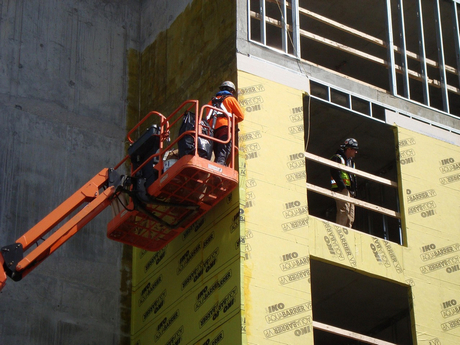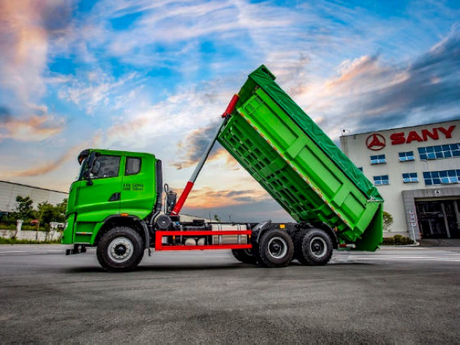|
In modern logistics and manufacturing, forklifts serve as core material handling equipment, operating under high-load conditions around the clock. Over-extended use, structural wear, component loosening, and environmental factors can lead to part deformation, malfunctions, and even safety hazards. This not only impacts operational efficiency but also significantly increases usage costs.
To ensure long-term stable operation, scientific and reasonable maintenance is crucial. Through standardized daily upkeep and preventive maintenance, users can effectively extend equipment lifespan, guarantee operational safety, reduce repair costs, and keep forklifts consistently performing at peak condition. During daily use, focus on the following key areas: First, promptly replacing worn tires is paramount for maintaining smooth operation. Severely worn or damaged tires can cause increased vehicle vibration, compromising the stability of electrical and hydraulic systems. Second, maintaining the cleanliness of both the forklift and its operating environment is equally vital. Debris such as wood shavings, rags, or plastic film entangled around tires can adversely affect operational efficiency. Regularly clean the work area and, whenever possible, use plastic or metal pallets instead of wooden ones. Third, timely replenishment of hydraulic fluid and lubricants is fundamental to ensuring equipment performance. Insufficient hydraulic fluid not only reduces lift height and load capacity but may also cause system damage. Additionally, regularly drain accumulated water from the oil-water separator to prevent engine damage. At the operational level, strictly adhere to the operator's manual to avoid equipment damage or safety incidents caused by misoperation. In narrow aisles, assign experienced operators to minimize collisions and impacts. Furthermore, establishing a preventive maintenance schedule is crucial for enhancing forklift management. Regular inspections and servicing effectively prevent critical component failures. Long-term, this approach not only reduces repair costs but also significantly extends equipment lifespan. Concurrently, robust management protocols are essential. Operators must remove keys when leaving the forklift to prevent unauthorized use and potential damage. Auditory checks are equally effective in daily maintenance. After completing work, operators can assess equipment functionality by “listening to the forklift's sounds,” ensuring safe operation for the following day.
Finally, battery maintenance and charging training must not be overlooked. Most forklifts still utilize lead-acid batteries, requiring regular distilled water level checks and timely replenishment to prevent premature battery failure due to low fluid levels. Additionally, power should be disconnected promptly after charging to avoid damaging the charging equipment. Systematic training enables operators to master proper battery maintenance techniques, effectively reducing costly repairs. Through scientific maintenance and standardized management, forklifts not only maintain stable performance under high-intensity conditions but also achieve dual optimization of operating costs and efficiency, providing a solid foundation for enterprises' sustained and stable operations.
|





























